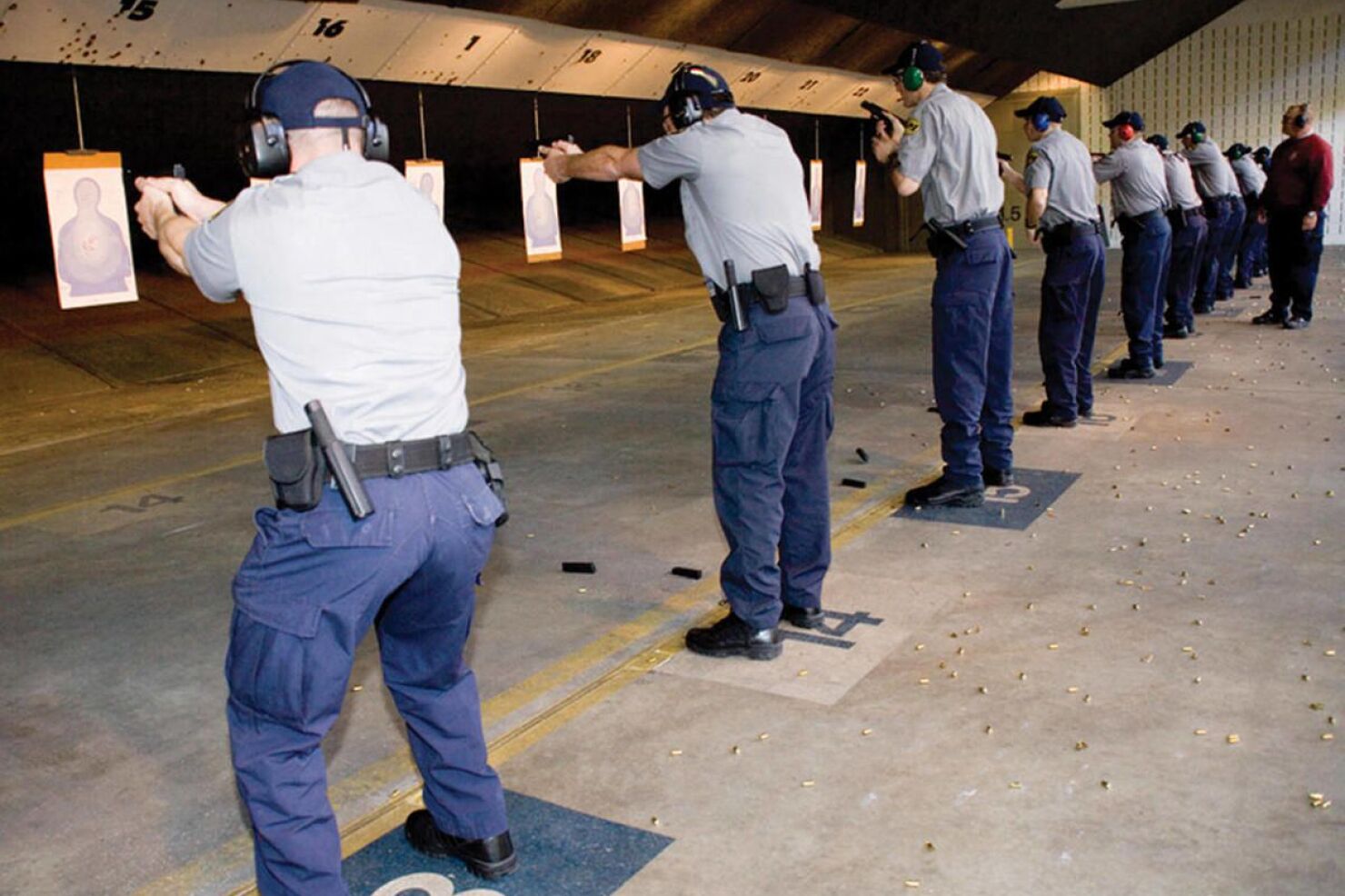Step into the world of law enforcement, where bravery and responsibility converge. Police officers are the unsung heroes who safeguard our communities, ensuring peace and order amidst chaos. Behind their badges lies a wealth of knowledge and skills acquired through rigorous police training courses. But what exactly goes into these training programs? In this article, we will delve deep into the essential elements of police training courses so that you can gain a better understanding of the dedication and expertise required to protect and serve. Get ready to uncover the captivating secrets behind the scenes of law enforcement!
The History of Police Training
Police training has a long and fascinating history that dates back centuries. In ancient civilizations, the concept of law enforcement was crucial for maintaining order within communities. However, formalized police training as we know it today did not emerge until much later.
During the medieval period, policing duties were often carried out by local volunteers or watchmen who had limited training and authority. It wasn’t until the 19th century that modern police forces began to develop, with London’s Metropolitan Police being one of the first professional police organizations.
In those early days, police recruits would undergo basic instruction in areas such as self-defense and patrol tactics. As society became more complex, so too did the demands placed on law enforcement officers. This led to an expansion in the scope of police training courses.
The Purpose of Police Training
Police training plays a crucial role in shaping law enforcement personnel to effectively carry out their duties and responsibilities. The purpose of police training is multifaceted, aiming to equip officers with the necessary knowledge, skills, and tools to maintain public safety and uphold the principles of justice.
One key purpose of police training is to ensure that officers have a solid understanding of the legal framework within which they operate. This includes familiarizing them with relevant laws and regulations, as well as teaching them how to apply these laws ethically and fairly in various situations they may encounter on duty.
The Different Types of Police Training Courses
The field of law enforcement requires a diverse range of skills and knowledge, which is why there are different types of police training courses available. These courses aim to equip officers with the necessary tools to effectively carry out their duties and protect the community.
One type of police training course focuses on firearms and defensive tactics. In this course, officers learn how to safely handle and use firearms, as well as techniques for self-defense and apprehending suspects. This training is essential for ensuring officer safety in high-risk situations.
Another important aspect of police training is crisis intervention. Officers are trained in de-escalation techniques, communication skills, and strategies for handling individuals who may be experiencing mental health crises or other challenging circumstances. This type of training helps promote positive interactions between law enforcement and the community.
Additionally, there are specialized courses that focus on specific areas such as forensic investigation, traffic control, or drug enforcement. These courses provide officers with specialized knowledge and skills needed to address specific challenges they may encounter in their line of duty.
The Benefits of Police Training
Police training courses offer numerous benefits to law enforcement professionals. First and foremost, these courses provide officers with the necessary skills and knowledge to effectively carry out their duties and responsibilities. From learning about criminal justice principles to enhancing investigative techniques, police training equips officers with the tools they need to maintain public safety.
Furthermore, police training courses help improve officer safety by teaching them how to respond appropriately in dangerous situations. Officers are trained on tactical strategies, self-defense techniques, and de-escalation methods that can save lives – both theirs and those of civilians.
Another benefit of police training is its focus on community relations. Courses often emphasize the importance of building trust between law enforcement agencies and the communities they serve. This includes cultural sensitivity training, communication skills development, and conflict resolution strategies. By fostering positive relationships with community members, officers can enhance cooperation and gain valuable support in preventing crime.
The Drawbacks of Police Training
While police training courses are essential for ensuring the safety and professionalism of law enforcement officers, they do come with some drawbacks. It is important to acknowledge these drawbacks in order to continuously improve the training programs and address any potential issues.
One drawback is the limited time allocated for training. In many cases, police officers receive only a few weeks or months of initial training before they are deployed on duty. This can result in a lack of comprehensive knowledge and skills necessary for handling complex situations effectively.
Another challenge is the constant evolution of criminal tactics. Criminals often adapt their methods to circumvent law enforcement efforts, which means that police training must constantly evolve as well. Keeping up with these changes can be demanding and time-consuming.
Conclusion
In this article, we have delved into the essential elements of police training courses and explored their significance in law enforcement. From the historical background to the various types of training programs available, it is evident that police training plays a crucial role in preparing officers for the challenges they may face on duty.
Police training has evolved over time, adapting to changing societal needs and advancements in technology. The purpose of these courses goes beyond just teaching basic skills; they aim to instill values such as integrity, professionalism, and ethical conduct among aspiring law enforcement professionals.
The different types of police training courses cater to specific areas of specialization within the field. Whether it’s firearms training, tactical operations, or community policing, each course equips officers with the knowledge and skills necessary to perform their duties effectively.



